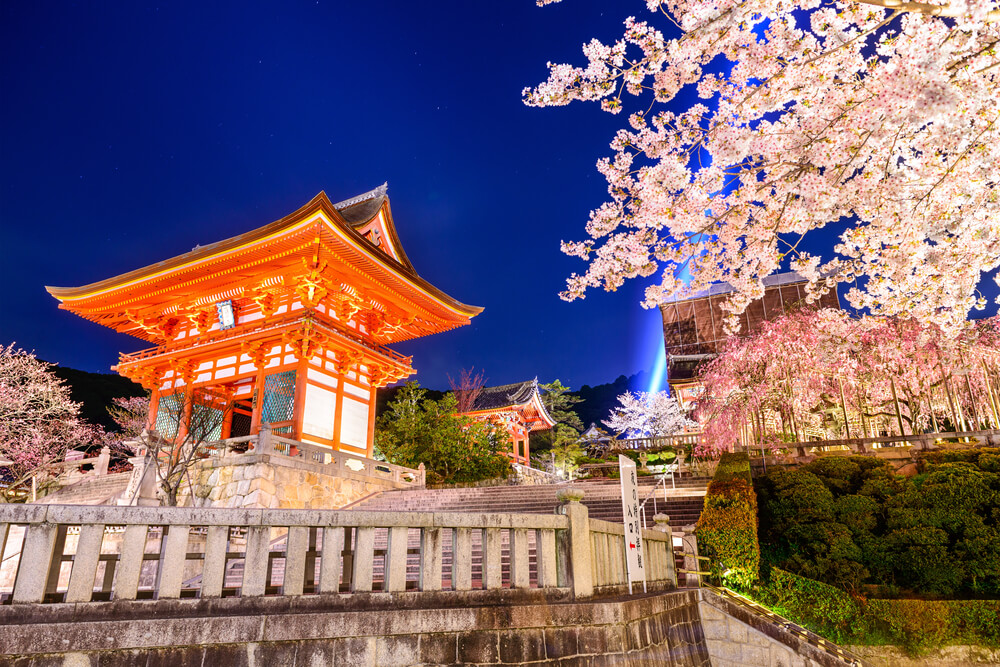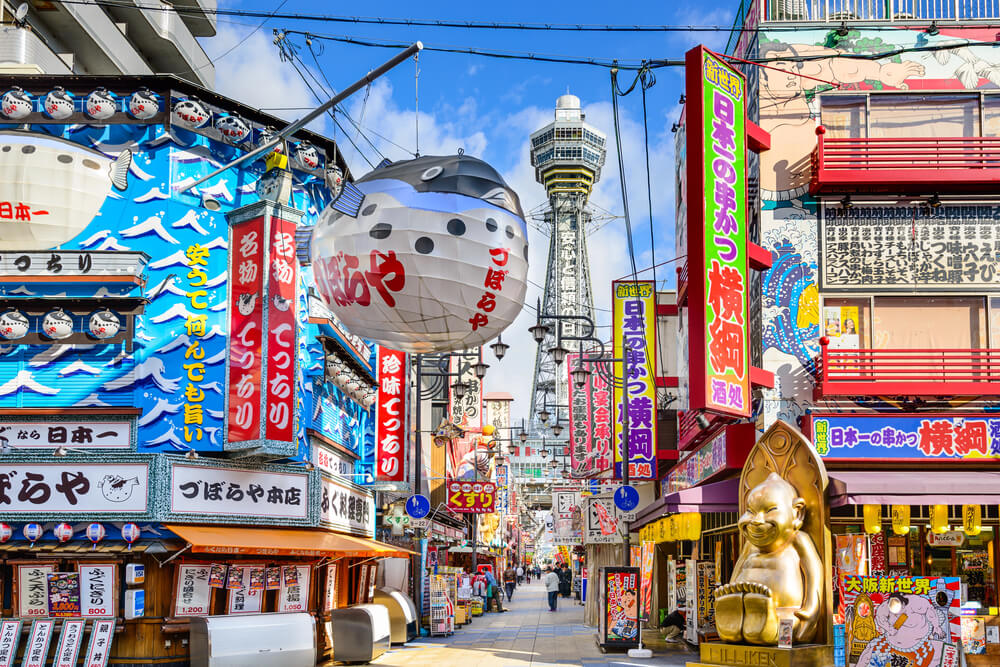South Korea, a land of captivating contrasts, boasts a rich cultural heritage that seamlessly blends ancient traditions with modern dynamism. From the graceful lines of hanok architecture to the electrifying beats of K-pop, Korean culture is a fascinating tapestry woven with threads of history, art, music, food, and social customs.
Historical Roots:
Korea’s history spans millennia, with kingdoms rising and falling, leaving behind a legacy of art, architecture, and philosophical thought. The Three Kingdoms period (57 BC – 668 AD) saw the flourishing of Buddhism and Confucianism, which profoundly influenced Korean society. The Joseon Dynasty (1392-1910) further solidified Confucian values and witnessed the development of Hangul, the Korean alphabet.
Art and Architecture:
Korean art reflects the nation’s deep connection to nature and spirituality.5 Traditional painting styles like Minhwa often depict landscapes, flowers, and animals with delicate brushstrokes and vibrant colors.
Architecture is another testament to Korea’s artistic heritage. The graceful curves and intricate details of hanok, traditional Korean houses, exemplify the harmony between nature and human craftsmanship. Buddhist temples, with their serene gardens and colorful pagodas, offer a glimpse into Korea’s spiritual side.
Music and Dance:
Korean music is a vibrant mix of traditional and modern styles. Pansori, a form of musical storytelling, and the elegant movements of traditional Korean dance preserve the country’s artistic heritage.
The global phenomenon of K-pop, with its catchy melodies, synchronized dance moves, and high-production music videos, has taken the world by storm, showcasing Korea’s modern musical talent and creativity.
Food and Cuisine:
Korean cuisine is a delicious and healthy blend of flavors and textures. Kimchi, the iconic fermented cabbage dish, is a staple in Korean meals. Bibimbap, a colorful mix of rice, vegetables, meat, and a fried egg, and bulgogi, marinated grilled beef, are just a few examples of Korea’s culinary delights.
Social Customs and Etiquette:
Korean society places a strong emphasis on respect, hierarchy, and collectivism.14 Confucian values, such as filial piety and respect for elders, are deeply ingrained in Korean culture. Politeness and proper etiquette are highly valued, and simple gestures like bowing and using honorific titles are essential in social interactions.
Modern Korea:
South Korea has undergone rapid modernization and economic growth in recent decades, becoming a global leader in technology and innovation. However, despite the embrace of modernity, traditional values and customs remain an integral part of Korean identity.
Experiencing Korean Culture:
- Visit historical sites: Explore palaces, temples, and traditional villages to delve into Korea’s rich history.
- Attend cultural performances: Enjoy traditional music, dance, and theater performances.
- Try Korean cuisine: Savor the diverse flavors of Korean food, from street food to fine dining.
- Learn some basic Korean: Show respect and enhance your interactions by learning a few Korean phrases.
- Be mindful of etiquette: Observe local customs and show respect for elders and traditions.
South Korea’s vibrant culture is a testament to its rich history and dynamic present. By embracing both tradition and modernity, Korea offers a unique and captivating experience for those who seek to understand its cultural tapestry.




